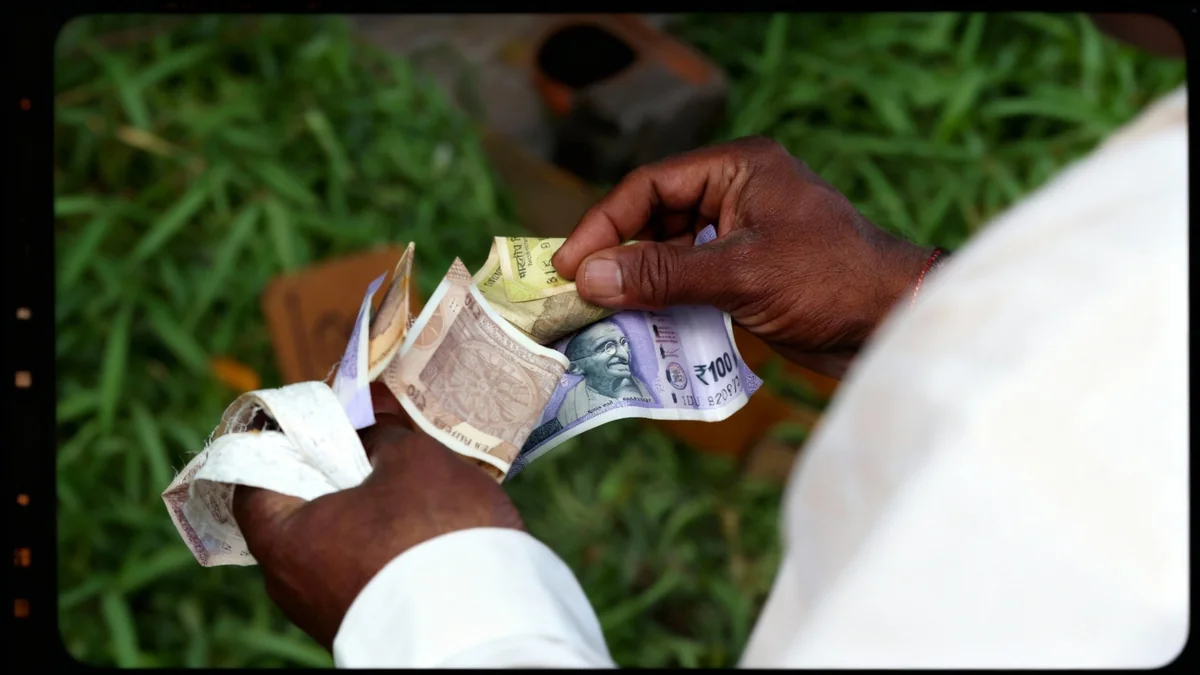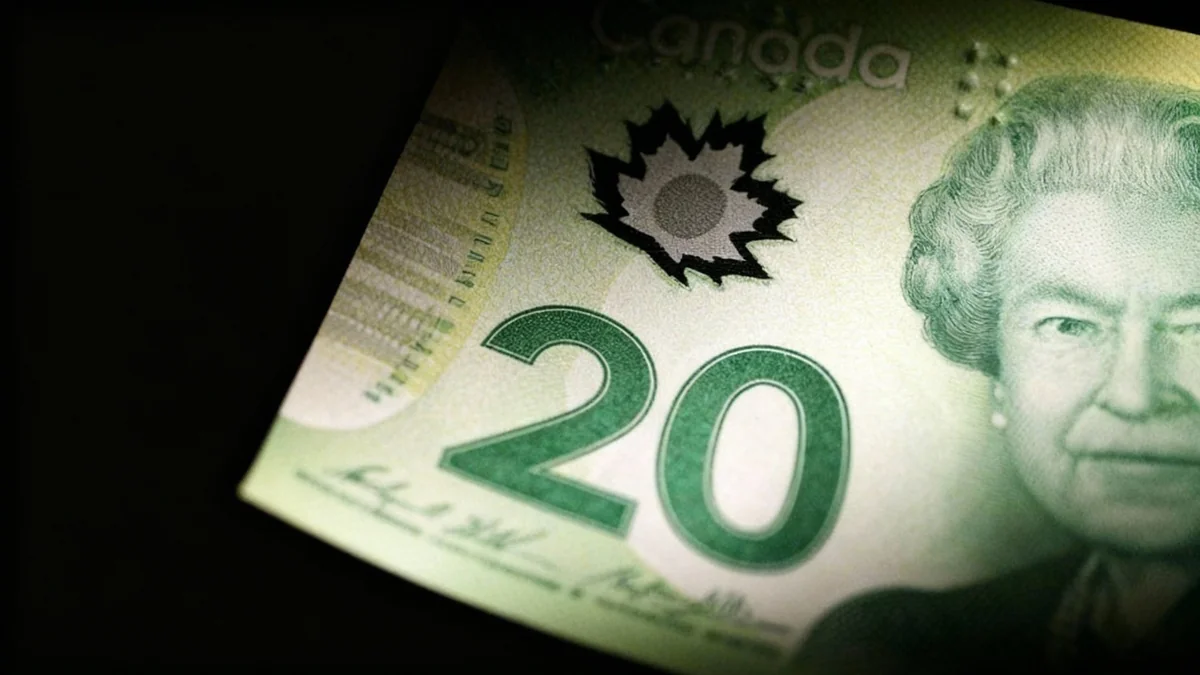Two members of the Swedish parliament, the Riksdag, have proposed that Sweden explore establishing a strategic Bitcoin reserve. This initiative aims to address inflation and diversify the nation's financial holdings. The proposal also seeks a government commitment not to alter current monetary policy legislation, signaling no intention to introduce a central bank digital currency (CBDC).
Key Takeaways
- Swedish parliament members propose a Bitcoin reserve to fight inflation.
- The reserve would diversify national holdings, similar to gold and traditional currencies.
- Funding could come from seized Bitcoin assets.
- Lawmakers also want to prevent a central bank digital currency (CBDC) in Sweden.
- Bitcoin's limited supply and independence from state monetary policies are key arguments.
Parliamentary Proposal for a Bitcoin Reserve
Dennis Dioukarev and David Perez, both members of the Swedish Democrats, formally submitted their proposal to the Riksdag on Wednesday. They emphasized that other nations, including the United States, are already considering or developing similar reserves. Sweden, they argue, should actively participate in this "digital arms race" and acknowledge Bitcoin's growing global potential.
The Swedish Democrats are a significant political force, having secured the second-largest vote share in the 2022 general election with over 20%. Their support is crucial for the current ruling coalition, which includes the Moderate party, Liberals, and Christian Democrats. This position grants them considerable influence over the minority government's agenda.
Bitcoin Holdings and Seizure Laws
According to Bitbo, Sweden currently holds no publicly reported Bitcoin. However, the country enacted a law in November 2024. This legislation allows authorities to confiscate luxury items, including cryptocurrencies, even if the owner is not the primary target of an investigation.
Funding and Management of the Reserve
Dioukarev and Perez suggested that the Bitcoin reserve could be funded through confiscated cryptocurrency, a method also discussed in other countries like the U.S. However, the specific authority responsible for managing these Bitcoin holdings remains an "open question" at this stage.
Advocates for national Bitcoin reserves believe this step is crucial for Bitcoin to become a global reserve currency and a standard monetary unit. They see nation-state treasuries as the next major catalyst for widespread adoption.
"Owning Bitcoin signals that a nation is open to digital innovation," Dioukarev and Perez stated in their proposal.
Strategic Benefits and Inflation Protection
The Swedish lawmakers argue that establishing a strategic Bitcoin reserve would position Sweden for a potentially "disruptive shift in the global financial infrastructure." They see Bitcoin as a protective asset alongside Sweden's existing currency and gold reserves.
Traditional reserves are susceptible to "political, geopolitical and economic risks." In contrast, Bitcoin's value is not influenced by the monetary policies of individual states or specific economies. This characteristic, they explain, can reduce the overall correlation within the national reserve portfolio, offering greater stability.
Sweden's Crypto Landscape
Company database platform Tracxn lists 85 companies operating within Sweden's crypto sector. Of these, 20 firms have collectively raised $48 million in venture capital and private funding. Prominent Swedish crypto companies include a digital exchange and a cold wallet developer, demonstrating local innovation in the space.
Bitcoin's Role Against Inflation
From a practical perspective, Dioukarev and Perez highlight Bitcoin's potential as a hedge against inflation. They point to its fixed supply cap of 21 million coins, which inherently limits its inflationary potential. Furthermore, Bitcoin transaction speeds are often faster than those of traditional fiat currencies, and transaction costs are considered negligible in comparison to its overall value.
The proposal also notes Bitcoin's significant market position. "Bitcoin is currently the world’s sixth-largest asset, on par with silver and larger than global companies such as Tesla, Meta and Amazon," the lawmakers explained. Despite its current size, they believe Bitcoin is still early in its development and its full economic role is yet to be determined.
No Central Bank Digital Currency in Sweden
In addition to the Bitcoin reserve, Dioukarev and Perez included another key request: a government assurance against introducing a central bank digital currency (CBDC). They want the government to commit to not altering the definition of legal tender within the Riksbank Act, which governs Sweden's central bank, Sveriges Riksbank.
Sweden already has a highly digitized payment system, with many citizens using the mobile payment app Swish for daily transactions. The Sveriges Riksbank launched a CBDC pilot project in 2020 and released its final report in March 2024. The report concluded that the decision to introduce a CBDC is "ultimately a political decision."
- Potential CBDC Benefits: Improved payment efficiency, expanded financial inclusion.
- Potential CBDC Drawbacks: Infringement on privacy, new avenues for government corruption, among other concerns cited by organizations like the Human Rights Foundation.
This is not the first time Swedish lawmakers have advocated for Bitcoin. In April, Rickard Nordin, an MP and deputy leader of the Centre Party, sent an open letter to Finance Minister Elisabeth Svantesson, urging her to consider Bitcoin adoption. Bitcoin is legal in Sweden, and crypto ATMs operate across the country. The Swedish Financial Supervisory Authority regulates crypto exchanges and enforces Anti-Money Laundering (AML) and Know-Your-Customer (KYC) regulations.





